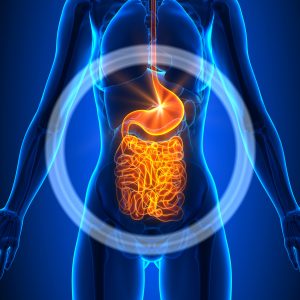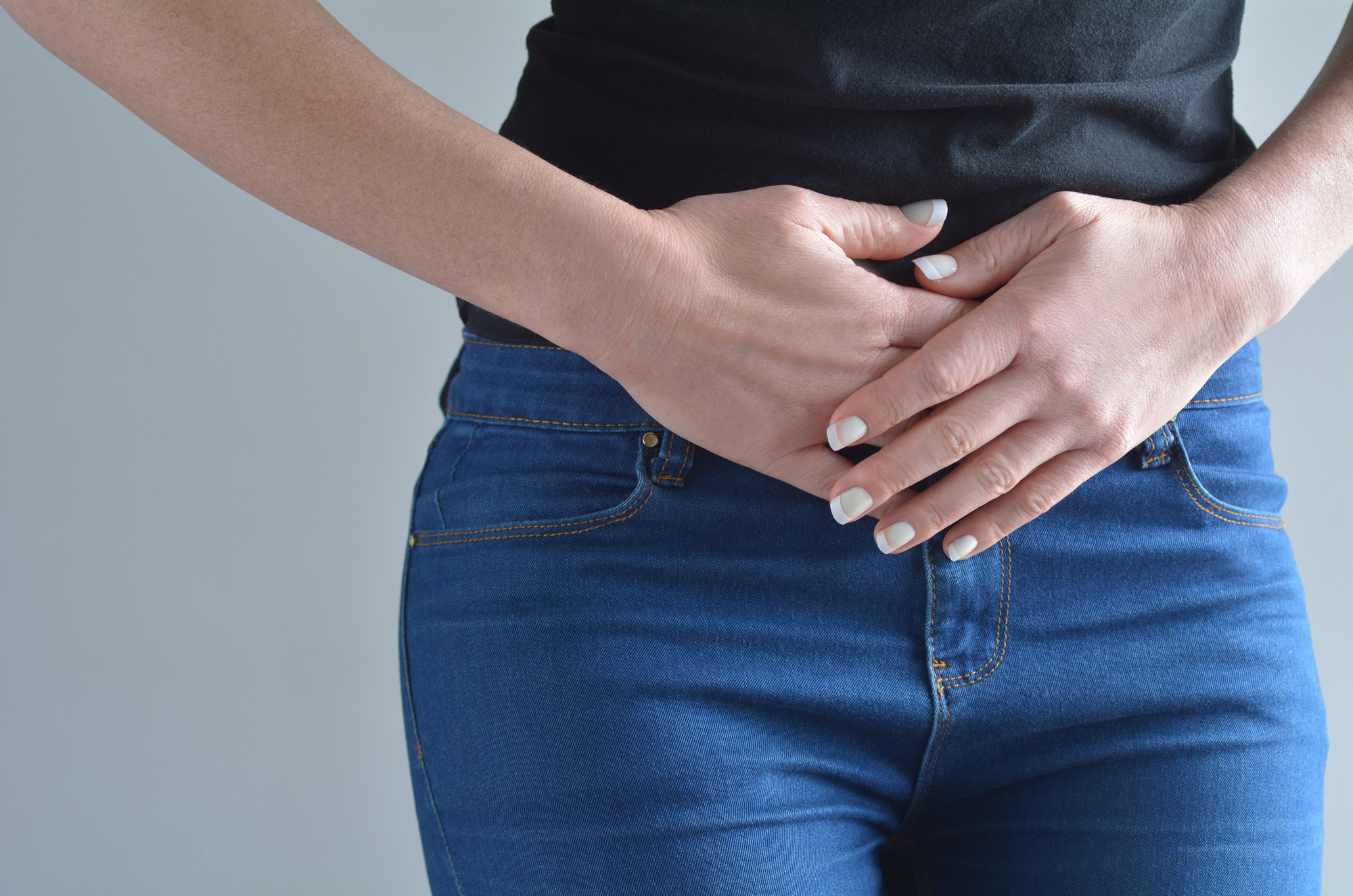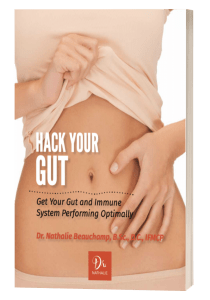Probiotics are friendly, live bacteria and yeast naturally inside your body, especially in your gut, mostly the larger intestine, urinary tract, and on the outside of your skin. These friendly microbes have many different health benefits. One of the main benefits is that they fight off pathogens like harmful bacteria and viruses by taking up space and preventing the harmful microbes from growing and spreading in your body. Probiotics also support your digestive system in breaking down foods and absorbing nutrients whilst preventing bloating and indigestion. Probiotics also help to produce B vitamins and butyrate which can help to control your blood sugars. They make neurotransmitters for your brain which lower stress and anxiety which helps to improve your sleep and helps to regulate hormones like insulin to prevent you from gaining too much weight. Unfortunately, many people have an imbalance in their microbiome because they’re eating too many junk foods, artificial sweetness or they’re taking antibiotics and drugs which can kill off the friendly microorganisms. Fortunately, there are certain fermented foods that you can eat which contain live strains of friendly microbes to improve your overall health and your microbiome.
Kefir
One of the best natural sources of probiotics, kefir is a liquid type of yogurt made from fermented milk from cows, goats, or sheep and it’s much easier to digest than regular yogurt. For those with lactose intolerance, kefir contains up to 10 times more probiotics than Greek yogurt with over 61 different strains of friendly yeast and bacteria and between 15 to 27 billion colony forming units per serving. Kefir was used by Russian doctors in the 19th century to treat ailments like tuberculosis because of its immune boosting effects. Studies show us that the friendly microbes found in kefir helps to lower the risk of cancer cell formation by protecting your DNA from oxidative damage.
Kimchi
Kimchi is a traditional Korean dish made from a mixture of fermented radishes, chili, ginger, onions and cabbage. It’s actually one of the healthiest superfoods in the world. Fermented vegetables are made in a process which is called lacto-fermentation. Basically, the vegetables and the spices are brined in salt to kill any band bacteria and then they are crushed into a jar and covered for a few days. The natural wild probiotic cultures that are already in the vegetables such as Lactobacillus starts to produce lactic acid and acetic acid. The microbes then eat any sugar present in the vegetables and start fermenting them so that they can multiply becoming a super food for your gut. This fermentation process helps to breakdown cell structures in the vegetables and spices making the existing nutrients more bioavailable and easier for your body to absorb. Kimchi is particularly special as the ingredients alone are all excellent for helping your liver to detoxify harmful substances from your body whilst the probiotics are also amazing for your digestive system and overall health. One Cup of kimchi contains an astonishing 5 billion CFU’s of probiotics
Bulgarian yogurt
Bulgarian yogurt tends to be less processed and contains higher amounts of friendly microbes than regular yogurt, between 10 to 18 billion colony forming units per cup. This type of yogurt contains a unique strain of bacteria which is called Lactobacillus bulgaricus along with streptococcus thermophilus. Both these have been shown to help people who struggle to consume dairy products like cheese, milk or yogurt due to lactose intolerance. The friendly stains that are found in Bulgarian yogurt help the body produce lactase, an enzyme that helps your body to breakdown the lactose which is milk sugar.
Kombucha tea
If you’re looking for a healthy alternative to alcohol to help you relax and release stress, Kombucha tea is a fantastic option. This is black tea and sugar that’s been fermented which removes the sugars leaving you with live, beneficial bacteria, healthy acids and trace amounts of alcohol. Make sure when you’re buying kombucha tea, that you choose a brand that doesn’t contain any more than 3 grams of sugar per serving and only drink small amounts to enjoy its anxiety-soothing properties. It’s important to note however that if you have gastritis or a stomach ulcer, please avoid this drink as its pH is a little too acidic which could aggravate pockets of damage in your stomach.
Sauerkraut
Sauerkraut is a type of fermented cabbage with many health benefits especially when it comes to healing the gut. Regular cabbage is loaded with methyl methionine also called vitamin U and it’s well known for healing stomach ulcers, improving gut health and feeding the colon cells so that they can heal from all types of damage. If you have any type of autoimmune disease, it’s recommended to start loading up on cabbage and sauerkraut. Sauerkraut is also one of the richest sources of vitamin C on the planet with over 700 milligrams per serving helping to boost your immune system and stimulate collagen production for healthier skin, nails, joints, and eyes. Try to look for sauerkraut and other fermented vegetables that are unpasteurized. This is very important as pasteurized products have been heated and cooked which destroys their beneficial live bacteria.
Natto
It is a product made by fermenting organic soybeans which was perfected in Japan over 1000 years ago. Natto has a stringy texture and a very pungent flavor however it is one of the most powerful fermented foods for improving blood flow around the body and protecting the heart. It is rich in vitamin K2, a nutrient which helps to remove a buildup of calcium that can get lodged in your arteries, pulls it out and puts it into the bones where it belongs. This can help to make your arteries more flexible. Natto also contains an enzyme called nattokinase which has been shown in studies to help thin the blood and prevent blood clots from forming preventing a stroke pulmonary embolism or heart attack.
Pickles
With between 12 to 14 billion CFU’s per cup, fermented Pickles that are made in brine not the vinegar variety are yet another amazing superfood for your gut and your entire microbiome. Pickle juice, in particular, can be consumed to relieve leg cramps, eye twitching, PMS and muscle spasms due to its high concentration of electrolytes. The healthy acids from both the pickles and pickle juice can be used to relieve heartburn and acid reflux by helping to normalize the pH of your stomach. Like all of these fermented foods please check the labels and make sure that there are no added preservatives and that they are unpasteurized.
Other Foods
Other probiotic rich foods although there’s a definite lack of data out there on fermented foods you can actually ferment any type of vegetable, herb or plant matter that you like. This means that there are a diverse range of different fermented foods in the world that you may not have even heard of or tried.
- Saurruben – made from fermented turnips in Germany.
- Miso – made from fermented soybeans rice or barley originating in ancient China.
- Tempeh – is an Indonesian form of fermented soy.
- Douchi – a culinary paste made from spices and fermented black beans in China.
- Puto – is a steamed cake made from fermented rice in the Philippines.
- Greek yogurt – is made from fermented cows’ milk from Greece.
- Furundu – is made from mashed and fermented sesame seeds in West Africa.
- Crème Fraiche – is made from fermented heavy cream in France
What about the existing microbes that already live inside you? Well that’s where prebiotics come in. Prebiotics are basically the food that will feed your existing microbes. Prebiotics mostly come in the form of soluble fiber and plant sugars from various fruits, vegetables, seeds, and nuts. Although our own bodies can’t digest soluble fiber, the microbes that live in your gut do it for you. They ferment prebiotic fiber, and this gives them energy. As these microbes become energized, they release some very powerful healing chemicals like butyrate lactic acid and propionic acid. All of which have some amazing health properties especially in protecting the lining of your intestines preventing toxins from leading into your gut, and autoimmune diseases arising like psoriasis arthritis fibromyalgia etc. Some of the best sources of prebiotic fiber to support your existing microbes are artichokes, chia seeds, psyllium, garlic, leeks, asparagus, dandelion greens, chicory root, and avocados. Both probiotic and prebiotic foods on a daily basis will support both your physical and mental health.




